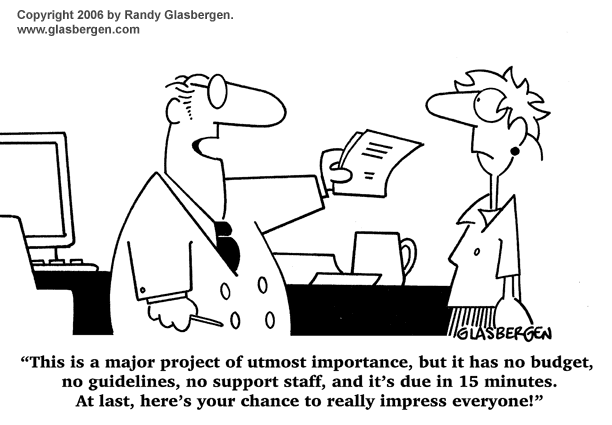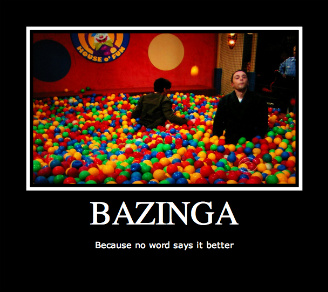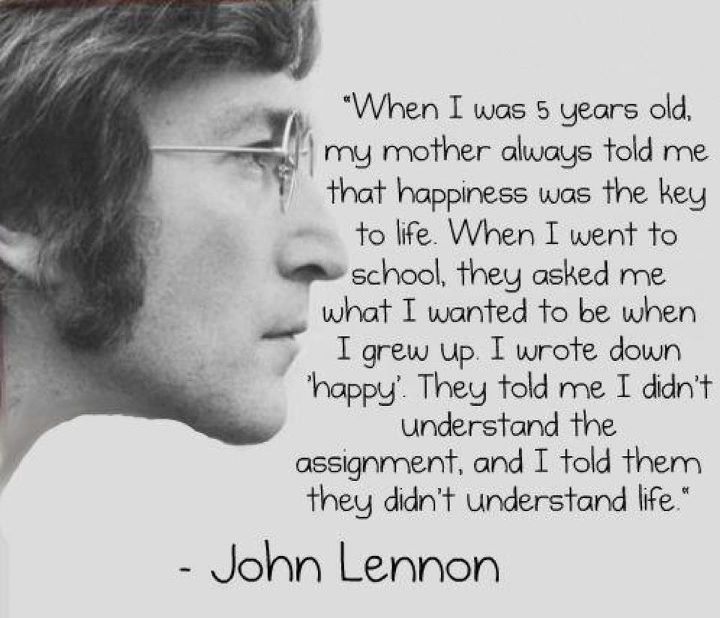Specifically it has been one of the most inspiring years I can remember for a long time. It's been the year of Twitter discovery, the year of turning the iPad pedagogy dream into reality, my first year of Outstanding teaching (apparently), and the first year I've begun to accept I may have something to offer at a level higher than middle management. The encouragement and inspiration I've received this year have been overwhelming (a lot of it from Twitter), and have pushed me along at a rate somewhere between uncomfortably hard sprint and mach 2 with lips gibbering comically. So I thought I'd finish my first month of blogging with a reflective one, looking at the things which have inspired me most this year, and hoping they inspire you too...
1) Teachers were heroes, and presidents were real people (whether this a real person with courage still remains to be seen, but I imagine 90% of the world's population will be willing him on in the New Year).
 |
| Felix Baumgartner - The mightiest of leaps |
2) Science equated to discovery and inspiration:
Higgs Boson, the Mars Rover, Felix Baumgartner's colossal jump from the edge of space - A year when Science re-discovered its cutting edge and inspirational qualities, but a year in which the real science (of saving our species' place in this planet's history) was once again subsumed by the interests of those with profit as their main motive.
3) Teachers innovated: Teachmeets and Tweachers came of age, and teachers reacted to an ever-growing chorus of criticism from government and the media with professionalism, integrity, and continued strife towards improvement. But these testing times, when politics and ideology rule over education, are also beginning to sift teachers and leaders into two groups: Those who acquiesce to the demands and play the game, and those who have the moral courage to stand up for what's best for their students. The latter group is in the ascendency I think.
4) The little people stood up for their future: Pussy Riot in Russia, democracy protesters in Syria, Libya and Egypt - A year when the little people stood up to be counted, and gave their lives for a better future. And the web played a pivotal role in that process, allowing people to communicate freely with each other across social and geographical barriers: On a lesser scale, we saw the growth of crowd-funded Kickstarter projects, and in the teaching profession we saw the formation of HeadsRoundtable and its massive online petitions, consultations and deluging the DfE with over 5000 tweets in one hour to protest against the EBacc "consultation" (if such it can be called). There's your moral conviction...
 5) Gay Marriage Bill: Even though the church continues to object to gay marriage, this was the year that the rest of us saw it as a complete non-issue. For Heaven's sake, if the Conservative Party are advocating a more liberal stance than the church, what is the world coming to?! I just loved the picture opposite, which showed a grown man as though ashamed of his own message, and a young lad with courage and love in his heart. Who says the next generation is going downhill?
5) Gay Marriage Bill: Even though the church continues to object to gay marriage, this was the year that the rest of us saw it as a complete non-issue. For Heaven's sake, if the Conservative Party are advocating a more liberal stance than the church, what is the world coming to?! I just loved the picture opposite, which showed a grown man as though ashamed of his own message, and a young lad with courage and love in his heart. Who says the next generation is going downhill?(Do love this video response from the gay community on what might happen if we don't let them marry each other: Hilarious!)
6) The Olympic legacy
 I'll admit to being a nay-sayer when it came to the Olympics, and then it changed my mind, for so many reasons. The inspirational performances were just one aspect of the whole thing to be honest. I loved the fact that we saw immigrants as accepted parts of our society who wanted to help make this a great country rather than simply a racially homogenous one; I loved the way we came to see
I'll admit to being a nay-sayer when it came to the Olympics, and then it changed my mind, for so many reasons. The inspirational performances were just one aspect of the whole thing to be honest. I loved the fact that we saw immigrants as accepted parts of our society who wanted to help make this a great country rather than simply a racially homogenous one; I loved the way we came to see  Paralympians and disabled people as heroes rather than as scroungers, benefits cheats, or a drain on the nation; And most of all (as a media specialist), I loved the fact that the people we idolized were for once not over-paid ponces (footballers, looking at you here!) or people with little talent who'd made it through "reality TV" and been told they were the next big thing. The Olympians were people who excelled at their sports, achieved their success through incredible hard work over a long period of time, and when they'd finally achieved it, had the humility to admit that they were only part of a team, and that their achievements were only a blip on a much larger scale. People who are often aware of their own lack of importance in the grand scheme of things are often the ones who achieve and give most in life. That's a true legacy.
Paralympians and disabled people as heroes rather than as scroungers, benefits cheats, or a drain on the nation; And most of all (as a media specialist), I loved the fact that the people we idolized were for once not over-paid ponces (footballers, looking at you here!) or people with little talent who'd made it through "reality TV" and been told they were the next big thing. The Olympians were people who excelled at their sports, achieved their success through incredible hard work over a long period of time, and when they'd finally achieved it, had the humility to admit that they were only part of a team, and that their achievements were only a blip on a much larger scale. People who are often aware of their own lack of importance in the grand scheme of things are often the ones who achieve and give most in life. That's a true legacy.
Finally, I had to leave this year's review with two of my favourite videos of the year: You're going to tell me they're the same: Same tune, same theme, same Olympic footage. But there is a subtle difference. While the first is a celebration of the Olympics and its trials, tribulations and successes, the second I think is more powerful.
Because it's about more than the sportsmen and the sportswomen who did us so proud. It's about us as well, and our role as ordinary people. It's about everybody who made it happen, made a difference, and made it such a special time for Britain (not just London). It's about ordinary people clubbing together to show how great a nation's people are, without jingoism or feeling any need to be better than anyone else...
If we're going to do anything to leave a legacy in 2013 (and seeing as yesterday went off without a hitch, and Mayans are still investing in pension funds, we can assume we do still have a future on this planet!), it should be to realise our potential as a species within the great ecosystem which is our planet.
It should be about looking out for each other.
It should be about looking out for our resources, and sharing them equitably.
It should be about realising with humility that our survival depends on working in harmony with this beautiful planet, and not simply in our own selfish interests.
A final quote, to leave you with this year. It's from a book I read years ago that is unique in its ability to constantly remind me of how tiny my place in the world is. As my Christmas gift to you all, may I recommend "Tuesdays With Morrie", and may we all continue to strive to make this a better place to live next year... Merry Christmas!
You’re not a wave, you’re part of the ocean.
 “I heard a nice little story the other day,” Morrie says. He closes his eyes for a moment and I wait.
“I heard a nice little story the other day,” Morrie says. He closes his eyes for a moment and I wait.
“Okay. The story is about a little wave, bobbing along in the ocean, having a grand old time. He’s enjoying the wind and the fresh air–until he notices the other waves in front of him, crashing against the shore.
“My God, this is terrible,” the wave says. ‘Look what’s going to happen to me!’
“Then along comes another wave. It sees the first wave, looking grim, and it says to him, ‘Why do you look so sad?’
“The first wave says, ‘You don’t understand! We’re all going to crash! All of us waves are going to be nothing! Isn’t it terrible?’
“The second wave says, ‘No, you don’t understand. You’re not a wave, you’re part of the ocean.’”
I smile. Morrie closes his eyes again.
“Part of the ocean,” he says, “part of the ocean.” I watch him breathe, in and out, in and out.
Extract from the book Tuesdays with Morrie
By Mitch Albom
All rights reserved.
New York : Doubleday, c1997.
By Mitch Albom
All rights reserved.
New York : Doubleday, c1997.




















